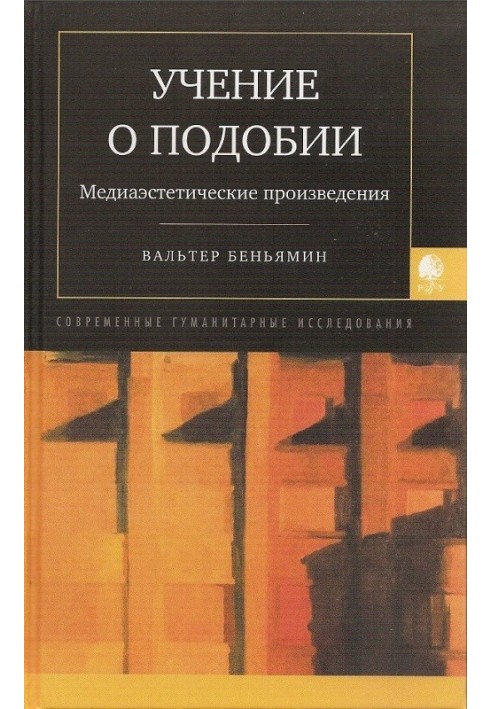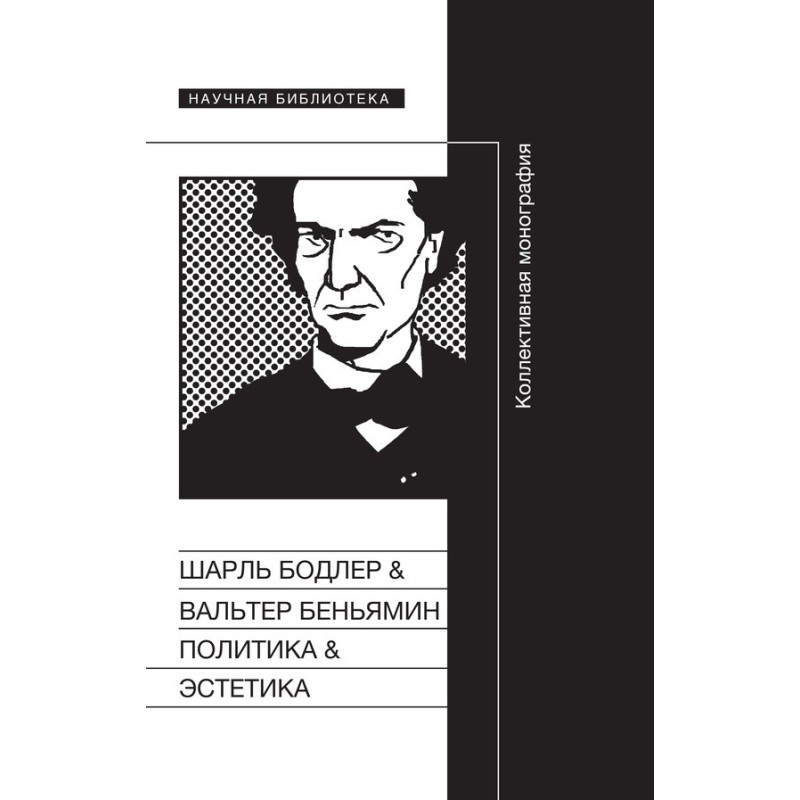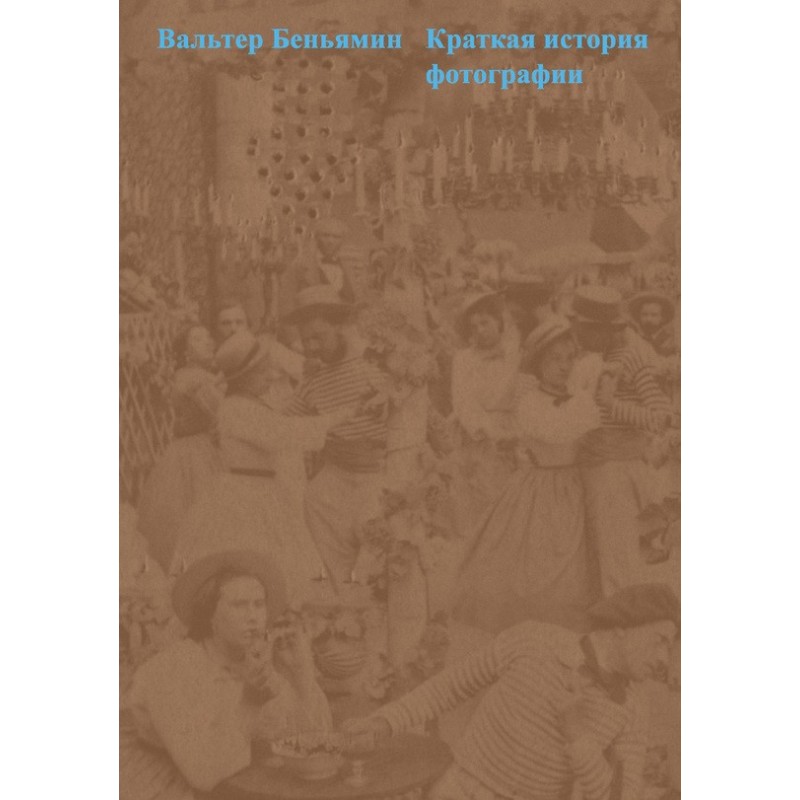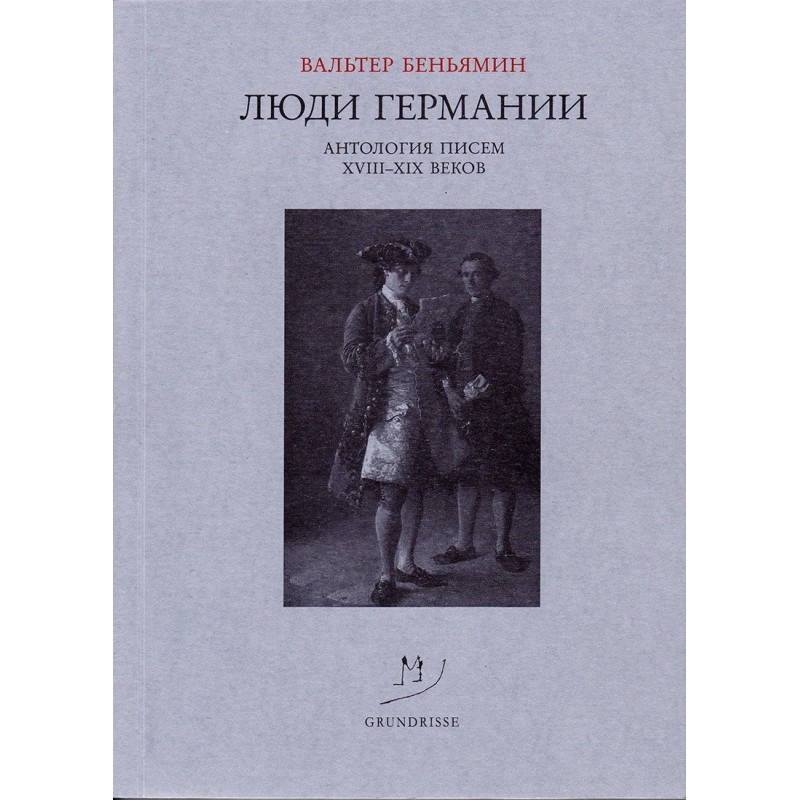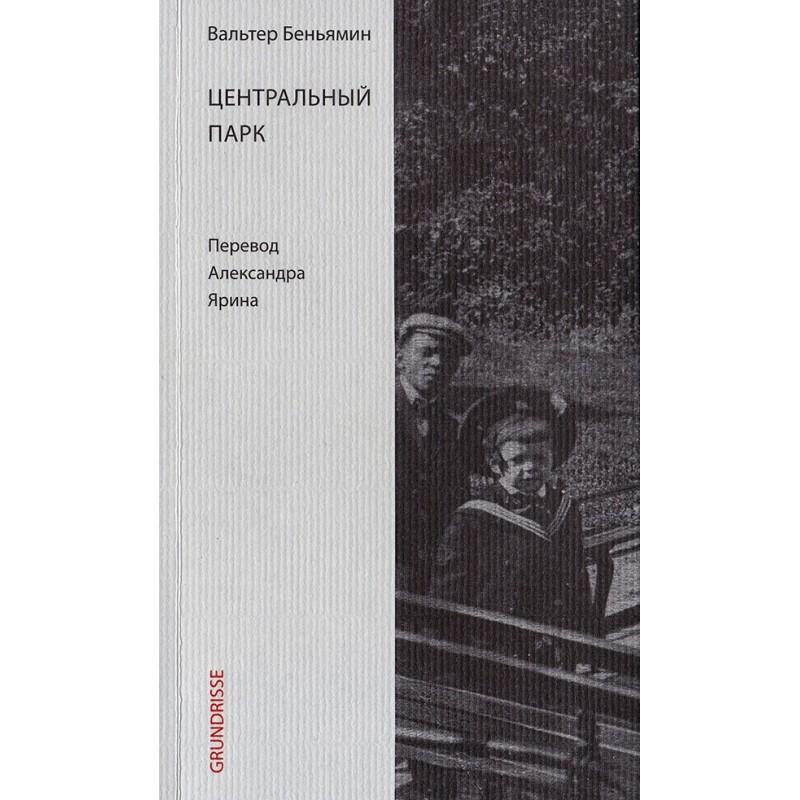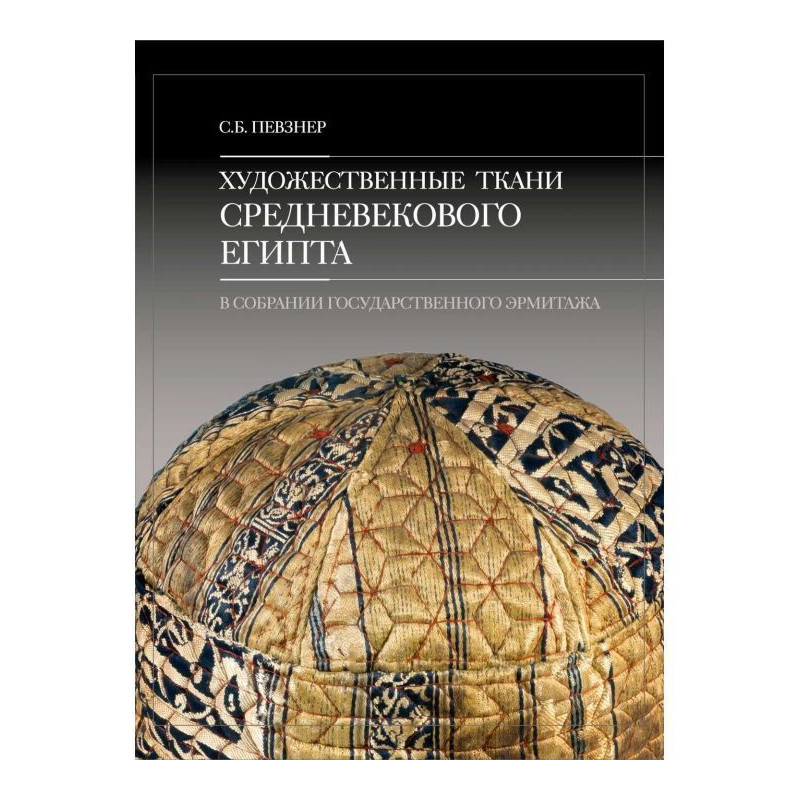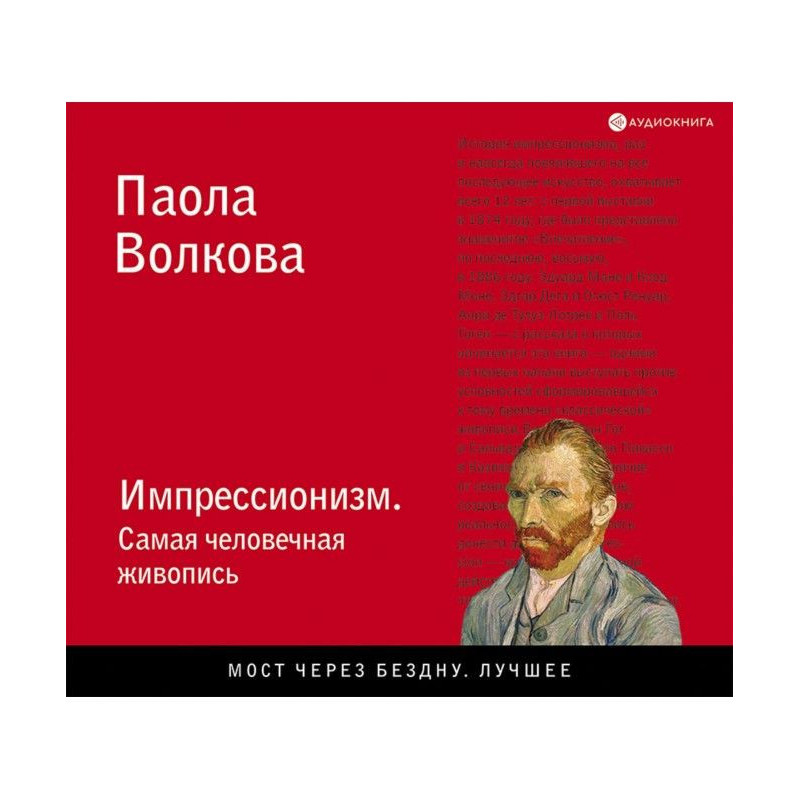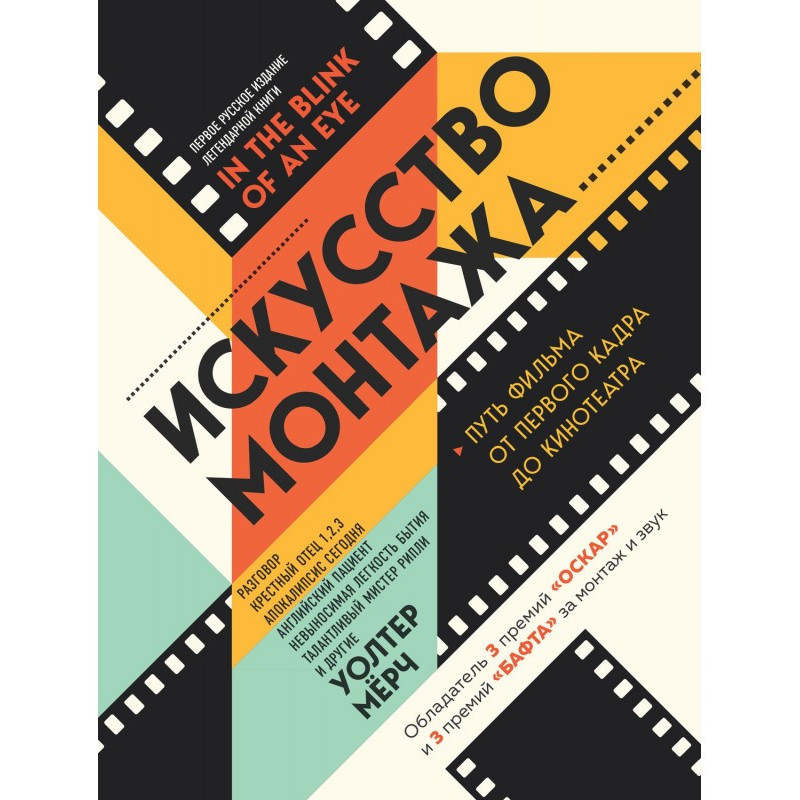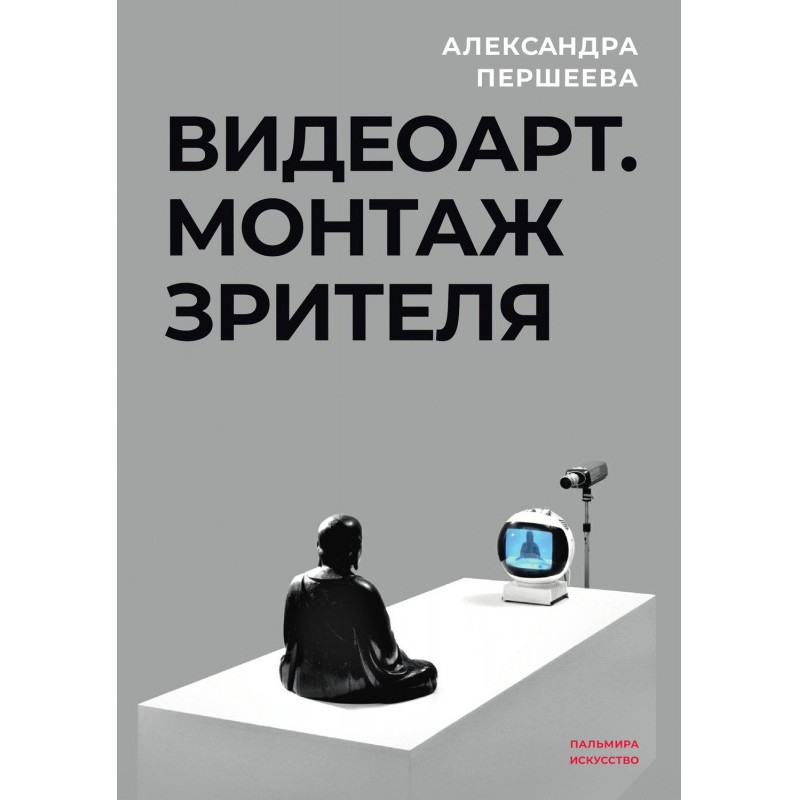Doctrine of similarity
 Instant download
Instant download
after payment (24/7)
 Wide range of formats
Wide range of formats
(for all gadgets)
 Full book
Full book
(including for Apple and Android)
“The Doctrine of Similarity: Media Aesthetic Works” is a collection of the main works of Walter Benjamin. The essay “On the Concept of History” with the adjacent “Theological-Political Fragment” asserts the inability to understand history and politics without theology, and the fact that theology both controlled and controls the (intimate) historical process speaks of a weak messianic force (an idea that changed the understanding of history, eschatology, etc., probably forever), that the Kingdom of God is not the Goal, but the End of history (the most important idea for understanding Salvation and the same eschatology and its relationship to teleology, to progress, etc.). In the essay “Towards a Critique of Violence,” in addition to the philosophy of violence itself, a distinction is made between bloody mythical violence and bloodless divine violence. In the notes “Capitalism as Religion,” Benjamin argues that Protestantism does not give rise to capitalism, but, on the contrary, capitalism replaces and eliminates Christianity. In the essay “About the Program” future philosophy" states that any future philosophy must be Kantian, however, that the Kantian concept of experience must be expanded: from only the physicalist to the aesthetic, existential, mystical, religious.
Data sheet
- Name of the Author
- Вальтер Беньямин
- Language
- Russian
Reviews
Глибоке і провокаційне дослідження
«Вчення про подобу: медіаестетичні твори» — це не просто збірка есеїв, а справжня філософська подорож у світ думок Вальтера Беньяміна. Книга відкриває читачеві нові горизонти розуміння історії, політики та теології, пропонуючи глибокі роздуми про те, як ці сфери взаємопов'язані. Особливо вражає есе «Про поняття історії», яке ставить під сумнів традиційні уявлення про прогрес і мету історії, підкреслюючи, що теологія є невід'ємною частиною нашого розуміння історичного процесу. Беньямін вміло грає з концепціями насильства, розмежовуючи міфічне і божественне, що змушує читача замислитися над моральними аспектами насильства в суспільстві. Ця книга стане справжнім відкриттям для тих, хто цікавиться філософією, історією та теологією, і залишить глибокий слід у розумінні сучасного світу. Рекомендую всім, хто прагне глибше зрозуміти складні питання людського існування!

